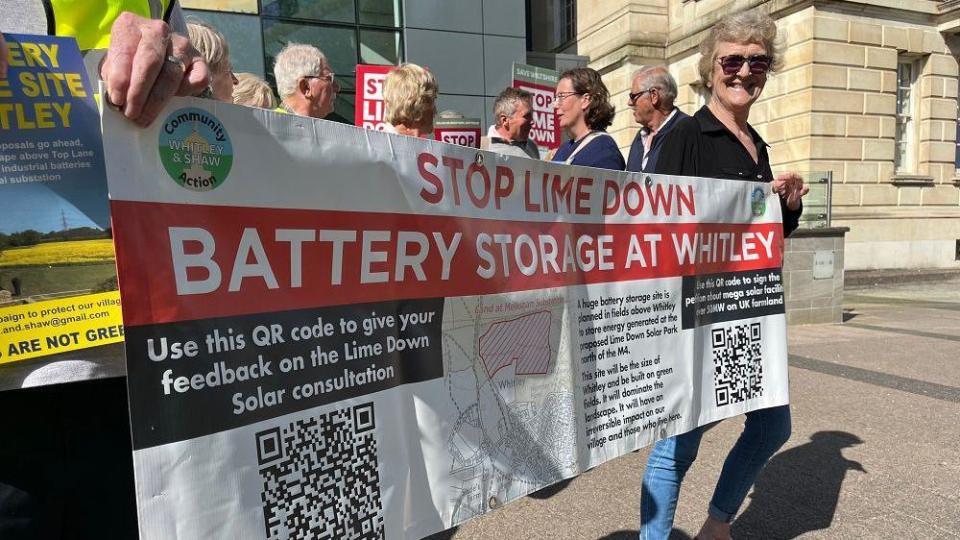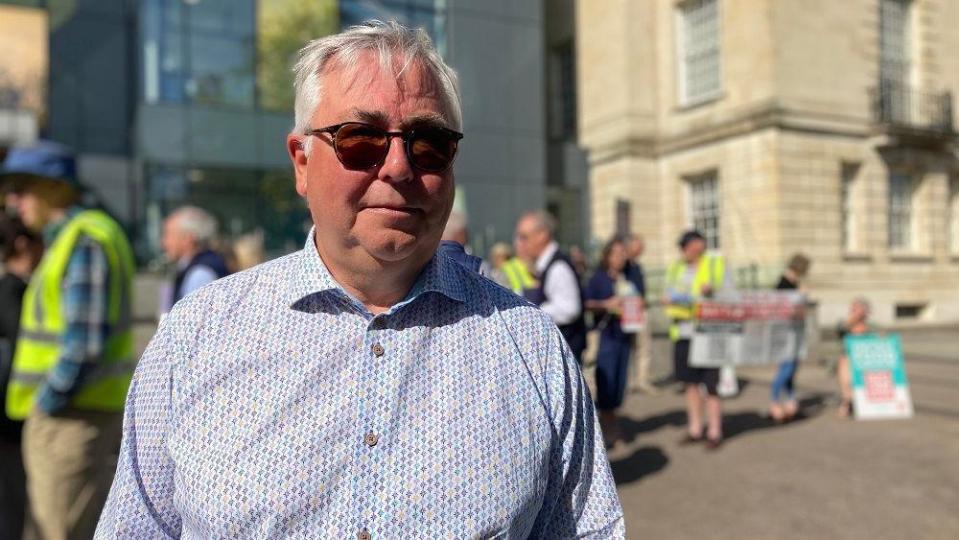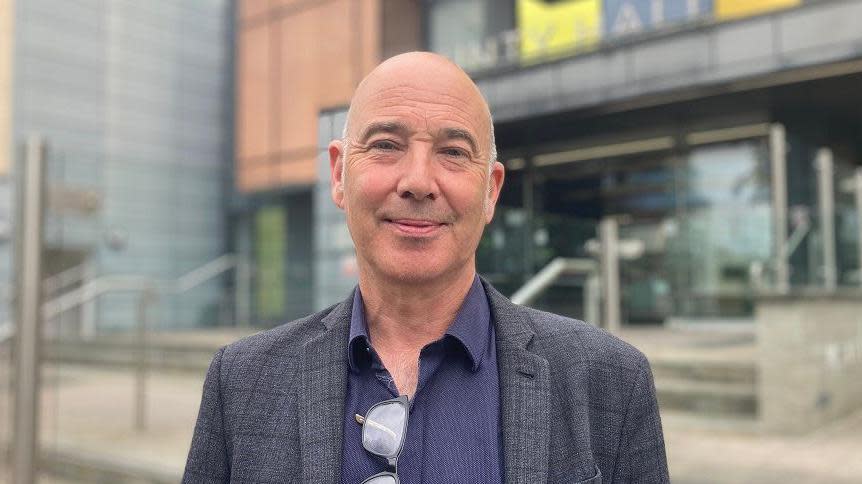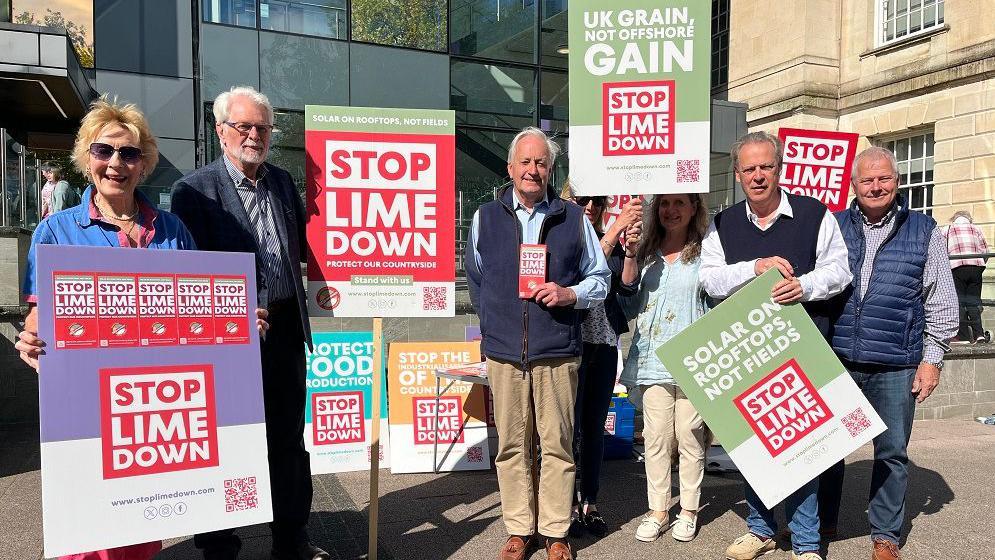Parliament has agreed to write to the government to ensure that solar farms are spread “more evenly” across the UK.
Many Wiltshire councillors feel the county is shouldering an unfair burden with the county home to more than 40 solar farms and villages such as Whitley, Pottern and Broughton Gifford feeling “under siege”.
Nick Botterill, cabinet member for strategic planning, who tabled the motion asking the government to make the request, said the government was not “alarmed” by the request.
The government said last week that planning authorities must consider the cumulative impact of multiple proposals in the same area.
“Attack that causes significant damage”
Council members passed a resolution on Wednesday calling on the government to ensure solar power plants are “distributed more evenly across the UK” and “not concentrated in particular areas, effectively industrializing rural areas”.
Council leader Richard Kluwer stressed that he was not opposed to solar farms, but asked for more detailed explanation of what the government meant by “cumulative impacts”. agreed that it was necessary.
The debate came just weeks after public hearings concluded on what will be one of the largest solar power plants in the nation.
The Limedown project will install solar panels on 2,000 acres of farmland across six villages in Wiltshire.
Sir Michael Pitt, former CEO of the Planning Inspectorate, spoke on behalf of the Stop Lime Down group, which supported the motion to write to the Government.
He called the Limedown plan “an extremely harmful attack on the county's landscape and way of life,” adding: “Future generations will wonder why we didn't take better care of our county.”


Most conference attendees supported solar power overall, but argued that panels should be installed on brownfield sites and rooftops.
Peter Richardson, parish councillor for Whitley, near Melksham, said that if Lymedown goes ahead as planned the village would be “completely surrounded by solar farms and associated infrastructure”.
The proposed battery storage facility will be located within the village, but residents are also concerned about the potential for battery-related fires.


Meanwhile, Chippenham councilor and member of the Wiltshire Climate Alliance, Matthew Short, agrees that more rooftop solar should be installed, but this is “not commensurate with the scale of the problem”. said.
He added that solar power could actually benefit poor-quality agricultural soils and wildlife, and that supporting solar projects was “crucial for energy security.”


Island Green Power, the developer of the Lymedown scheme, told the BBC that it “recognises the importance of carefully balancing our renewable energy commitments with the aesthetic and environmental needs of the areas in which we operate”.
The company added: “Wherever possible, we want to minimize negative impacts and maximize positive impacts on the local environment and community.”
Energy Security Secretary Claire Coutinho told Parliament on May 15 that the best agricultural land must be protected for food security amid rising geopolitical tensions.
He also emphasized the importance of planning policy and the need for solar power to be delivered in a sensible manner, ensuring that developers and planning authorities are aware of the cumulative impact that solar projects can have on local communities. I tried to take it into consideration.
Follow BBC Wiltshire Facebook, X and Instagram. Send your story ideas via email or via WhatsApp 0800 313 4630.


